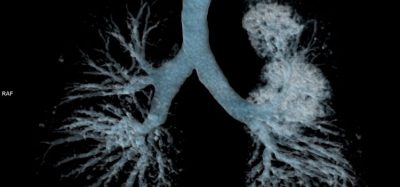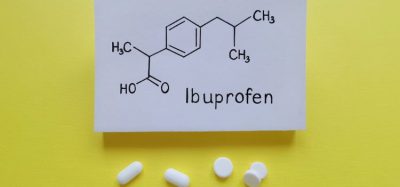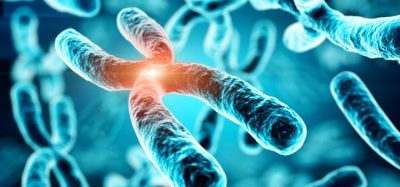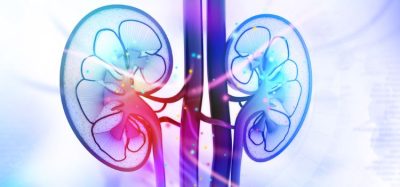AI-driven biomanufacturing: revolutionising production and quality in pharmaceuticals
Posted: 28 April 2025 | Ian Betteridge (RPL) | No comments yet
This article explores how artificial intelligence (AI) is forming an essential pillar of staying competitive in pharmaceutical manufacturing, with its adoption ensuring greater efficiency of medicine production in this fast-evolving sector.
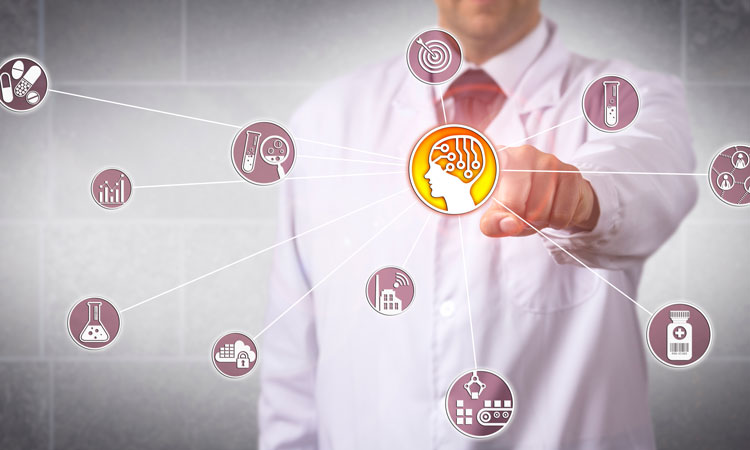

Over the next few years, there are virtually no aspects of pharmaceutical manufacturing processes that will not be changed by artificial intelligence (AI). By harnessing AI’s capabilities to analyse complex datasets, identify subtle patterns and make precise predictions, biopharmaceutical manufacturers will be able to achieve unprecedented levels of process optimisation, quality assurance and operational efficiency.
Transforming production processes
The integration of AI in manufacturing spans the entire production workflow, beginning with strain engineering. AI accelerates the development of microbial strains and cell lines by analysing genomic data and predicting the effects of genetic modifications. This enables the engineering of strains with improved productivity and desired characteristics, leading to higher yields and enhanced product quality.
Process modelling and control represent another critical application area. AI algorithms analyse the vast datasets generated during manufacturing processes to identify optimal parameters for temperature, pH, nutrient levels and other critical variables. In fermentation processes, for instance, AI can define the ‘golden profile’ – the ideal set of conditions throughout the process – and suggest corrective actions when deviations occur.
The technology also enhances design of experiments (DOE) by automating the analysis of complex datasets, identifying critical variables and predicting optimal conditions. This leads to more robust and scalable processes that consistently produce high-quality therapeutics with minimal variability between batches.
Digital twins, powered by AI, allow manufacturers to simulate and optimise bioprocesses before implementation. This capability reduces errors and enhances efficiency by enabling virtual experimentation without risking actual production resources.
Revolutionising quality assurance and control
In quality operations, AI-powered systems analyse production data at every stage, identifying anomalies that might indicate quality issues. This allows for immediate corrective actions, preventing defective products from reaching the market. Real-time monitoring ensures consistent product standards while reducing human error.
Predictive maintenance represents another valuable application of AI in manufacturing facilities. By monitoring equipment performance through sensors and analysing the resulting data, AI algorithms can detect anomalies and predict potential failures before they occur. This proactive approach minimises downtime, reduces maintenance costs and ensures continuous production.
How automation and digital technologies will unlock the full potential of advanced therapies
Supply chain management in biopharmaceutical manufacturing has also been enhanced through AI applications. The technology analyses historical data and real-time inputs to predict demand, optimise inventory levels, and streamline logistics. This reduces waste, lowers costs and ensures timely delivery of critical materials and finished products.
Enhancing compliance and laboratory operations
Artificial intelligence plays a crucial role in ensuring regulatory compliance by automating document generation, performing compliance risk assessments and providing regulatory intelligence. This helps manufacturers navigate the complex regulatory landscape while ensuring their products meet all necessary requirements.
To learn more about the potential and challenges of AI-driven manufacturing and how it will revolutionise production and quality, attend The Future of Bio/Pharmaceutical Analysis 2025, our two-day virtual summit.
Laboratory automation has been similarly transformed by AI integration. Natural language control allows researchers to direct laboratory robots using simple voice commands, while real-time awareness of robot deck state ensures safe and efficient operation. AI safeguards prevent errors by ensuring accurate interpretation of instructions and preventing potentially unsafe actions.
Benefits and economic impact
The economic benefits of AI integration in biomanufacturing are substantial. Companies have already successfully optimised critical variables in E. coli fermentation, including pH, temperature and oxygen levels, resulting in increased product titers and valuable insights into microbial-based manufacturing.
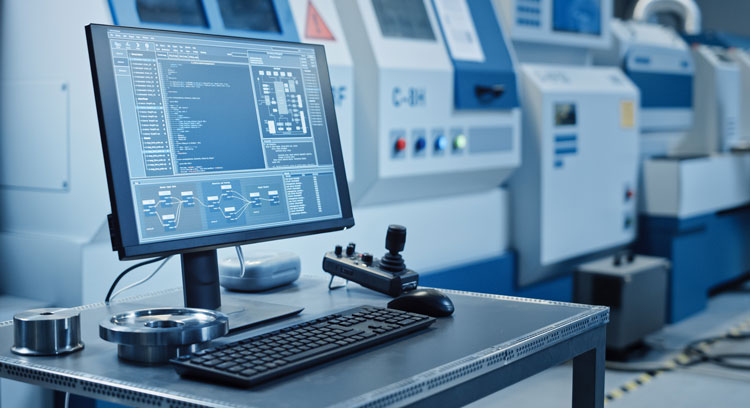

Other companies have integrated AI technologies – including robotics, biosensors and machine learning – in cell and gene therapy manufacturing, enhancing process optimisation, reducing costs and improving product quality. The aim is to decrease manufacturing costs for customers by 50 percent through AI integration, illustrating the technology’s economic potential.
Beyond cost reduction, AI-driven optimisation can lead to higher yields, reduced production times and more consistent product quality. The technology streamlines workflows, reduces manual tasks, and optimises resource allocation, creating greater efficiency across the manufacturing process.
Challenges and limitations of AI
Despite its transformative potential, AI implementation in biomanufacturing faces significant challenges. AI algorithms require large, high-quality datasets for training and validation – a requirement that can be difficult to meet in biopharmaceutical environments where data may be fragmented or incomplete.
Ensuring that AI systems meet regulatory requirements for pharmaceutical manufacturing is essential
The complexity of AI models presents another challenge. Many are difficult to interpret, requiring specialised expertise to develop and implement. This ‘black box’ nature of AI decisions raises concerns about transparency and accountability, particularly in a highly regulated industry where decisions affecting product quality must be explainable.
Regulatory compliance represents a further challenge. Ensuring that AI systems meet regulatory requirements for pharmaceutical manufacturing is essential, requiring clear guidelines and standards for the safe and responsible use of AI in this context.
Ethical considerations related to data privacy, bias and potential misuse must also be addressed as AI becomes more sophisticated and integrated into critical manufacturing processes.
The future landscape
The future of AI in biomanufacturing is promising. Advancements in machine learning, robotics and data analytics will continue to push the boundaries of what is possible, making AI-powered systems more intuitive and accessible. This will enable even small-scale manufacturers to benefit from cutting-edge technology.
From pipettes to processors: how AI Is reshaping pharma’s future
Integration with other emerging technologies, such as automation and the Internet of Things (IoT), will further revolutionise biomanufacturing, potentially leading to fully automated and self-regulating ‘smart factories’ that can operate with minimal human intervention.
But AI needs to be trustworthy, as without trust it is impossible to drive adoption. AI systems must provide clear explanations for their recommendations, empowering users to make informed decisions while remaining in control. This focus on transparency will be critical for widespread adoption in the highly regulated pharmaceutical industry.
The next stage of digital transformation
AI is revolutionising biopharmaceutical manufacturing by transforming production processes, enhancing quality control and streamlining operations. While challenges related to data requirements, model complexity, regulatory compliance and ethics must be addressed, the potential benefits are substantial.
By embracing AI-driven solutions, pharmaceutical companies can achieve significant improvements in productivity, quality, efficiency and innovation. As AI becomes increasingly integrated into biomanufacturing, maintaining human oversight and control remains crucial. The technology should empower human experts rather than replace them.
The continued development and adoption of AI in biomanufacturing will likely lead to more efficient and cost-effective production of pharmaceuticals, ultimately making life-saving therapies more accessible to patients worldwide. For manufacturers in this sector, AI implementation is rapidly evolving from competitive advantage to competitive necessity.
Meet the author
Ian Betteridge is Head of Content for European Pharmaceutical Review.




